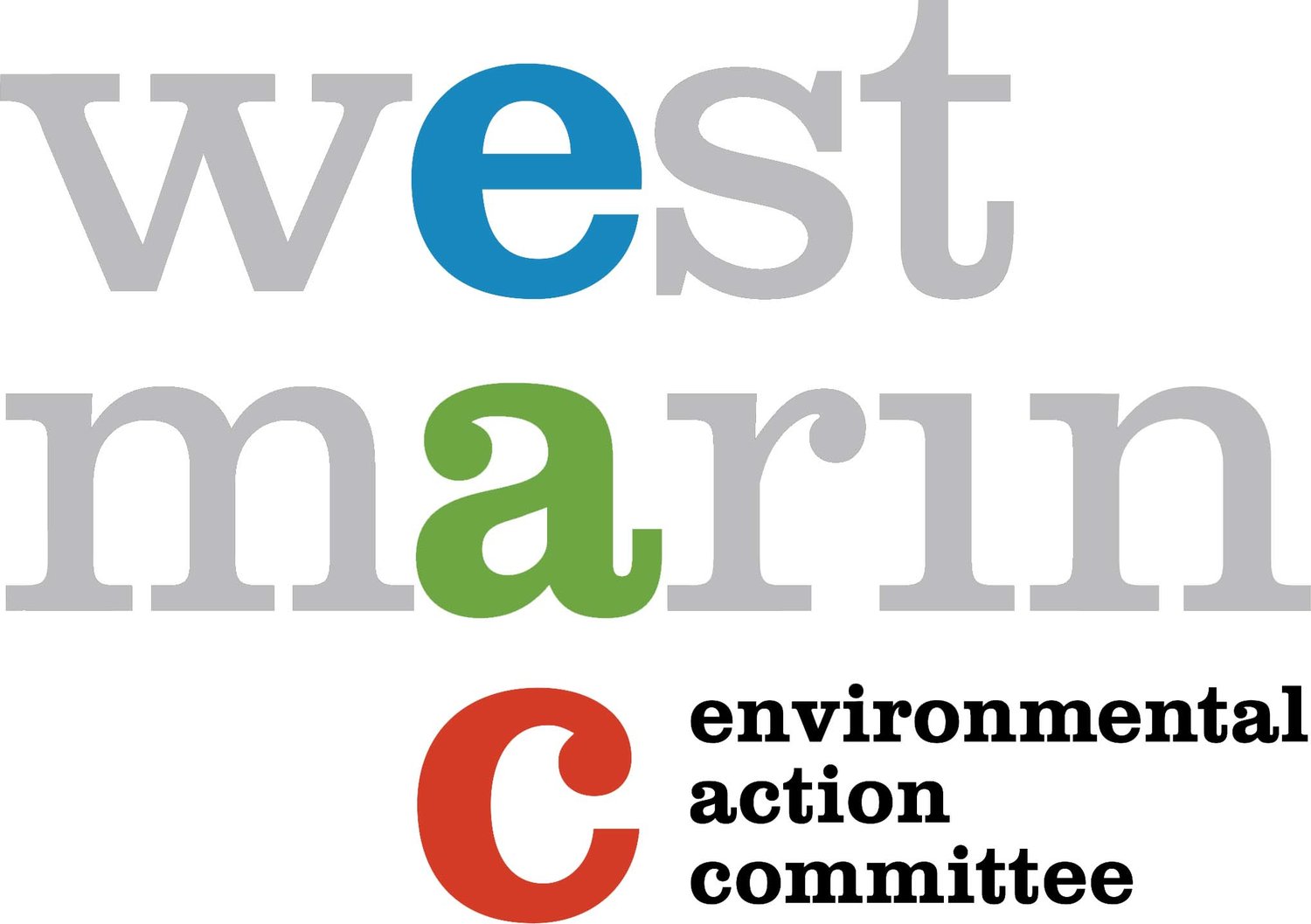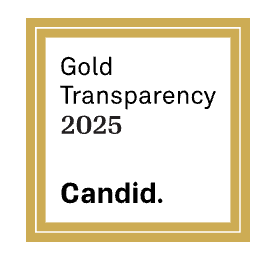Marin County’s Local Coastal Program Amendments
Since 2008, EAC has been a critical and tireless advocate working within the public process with Marin County on the Local Coastal Program amendments (or LCPA). We have researched, reviewed, and commented on thousands of pages of documents and participated in every public workshop and planning meeting for the Marin LCP amendments.
Until all of the LCP amendments are finalized, we will continue to be actively involved in the amendment process and is committed to ensuring that the amended LCP:
Protects and preserves the distinct and valuable natural resources of the coastal zone,
Protects the community character of West Marin,
Allows for the widest opportunity for public participation in the process, and
Provides tools to address climate change and sea-level rise.
Through attendance at workshops and hearings and the submittal of extensive public comments to both the Coastal Commission and Marin County; EAC has advocated for strong coastal protections, public access, public participation, and enforceable standards in the amended LCP.
STAY UP TO DATE
“It is critical the Marin County LCP update be a comprehensive forward-thinking plan that fulfills the Coastal Act’s intent of coastal resource protection and maximum public coastal access.”
BACKGROUND
Marin County LCP
Update! On July 13, 2021, the Marin County Board of Supervisors moved to put all LCP amendments into effect in 30 days (August 12, 2021) without updating its critical environmental hazards chapter, which is still pending. The new LCP provisions are currently in effect, alongside hazards policies from the 1980s.
Marin County completed its original certified LCP in 1981.
The 1981 certified Marin County LCP has provided a development framework for public participation that has successfully protected and conserved natural and coastal resources, the community character of West Marin's unique coastal villages, scenic vistas, public access to coastal areas, and agricultural lands for 40 years.
In 2008, Marin County embarked on a process to amend the 1981 LCP.
The amendment process requires involvement from multiple government agencies and the public. The process requires public workshops, Marin County Planning Commission hearings, the adoption of the Marin LCP amendments by the County Board Supervisors, and finally the Coastal Commission's certification of the Marin LCP amendments.
Marin County
Coastal Zone
Map from the California Coastal Commission
CALIFORNIA COASTAL ACT
The California Coastal Act is largely responsible for the preservation of California's 840 mile beautiful coastline. The Act helps protect California's coast from large-scale development. The Act requires each local government within the coastal zone develop a Local Coastal Program (LCP).
WHAT IS AN LCP?
Local Coastal Programs (LCPs) are basic planning tools used by local governments to guide development in the coastal zone, in partnership with the Coastal Commission.
Each LCP includes both a Land Use Plan (LUP) and an Implementation Plan (IP), which define where, how, and when development can occur in the coastal zone.
A LCP contains the rules and regulations for future development and protection of coastal resources in the 76 coastal cities and counties in California.
LCPs specify appropriate locations, types, and the scale of new or changed uses of land and water.
LCPs are prepared and implemented by local governments and govern decisions that determine the short and long-term conservation and use of coastal resources.
While each LCP reflects unique characteristics of individual local coastal communities, regional and statewide interests and concerns must also be addressed in conformity with Coastal Act goals and policies. Following adoption by a city council or county board of supervisors, an LCP is submitted to the Coastal Commission for review for consistency with Coastal Act requirements.
In summary, LCPs are a local government’s land use plans, zoning ordinances, and zoning district maps for the coastal zone. LCPs ensure the protection of sensitive coastal resources areas, and when applied with implementation actions, meet the requirements and implement the provisions and policies of the Coastal Act at the local level.
After an LCP has been finally approved, the coastal permitting authority over most new development is transferred to the local government, which applies the requirements of the LCP in reviewing proposed new developments. The Coastal Commission however:
Retains permanent coastal permit jurisdiction over development proposed on tidelands, submerged lands, and public trust lands.
Acts on appeals from certain local government coastal permit decisions.
Reviews and approves any amendments to previously certified LCPs.
read eac's articles from 2016 to present for status updates:
August 13, 2021 - California Coastal Commission Receives Update on Marin County’s LCP; Marin County Still Fails to Comprehensively Plan for Climate Change
July 14, 2021 - In the Face of a Changing Climate, Marin Sups Finalize LCP and Keep 1980s Flood and Fire Policies
July 10, 2021 - ACTION ALERT: Oppose Marin County's Plan to Keep 1980s Hazards Policies (no longer active)
February 8, 2019 - The Coastal Commission Moves Marin’s LCP Forward
December 11, 2018 - The Board of Supervisors Moves the Marin LCP Forward Yet Again
October 11, 2018 - The Planning Commission Moves Marin’s LCP Forward
April 16, 2018 - Marin County Board of Supervisors to consider accepting LCPA
March 31, 2018 - Marin LCP Down to the Wire (Supervisor's Workshop on LCPA)
December 31, 2017 - Local Coastal Planning Halts over Environmental Hazards
December 31, 2016 - Coastal Commission Conditionally Certifies Most of the Marin LCP Amendments
learn more
Public Resources
Marin County Local Coastal Program Plans and Documents (link to current LCP)
Marin County Board of Supervisors Agenda (See Item 17), Hearing Video (starting at 2:50:30), July 13, 2021
California Coastal Commission Staff Addendum, February 5, 2019
California Coastal Commission Staff Report, January 25, 2019
California Coastal Commission Revised Findings Addendum, July 13, 2017
California Coastal Commission Revised Findings Staff Report, June 23, 2017
California Coastal Commission Staff Report, October 21, 2016
Land Use Plan (LUP) Suggested Modifications from the Coastal Commission, September 2016
Implementation Plan (IP) Suggested Modifications from the Coastal Commission, September 2016
California Coastal Commission Sea-Level Rise Adopted Policy Guidance
California Coastal Commission Coastal Adaptation Planning Guidance




